Summaries of books about Sociology:
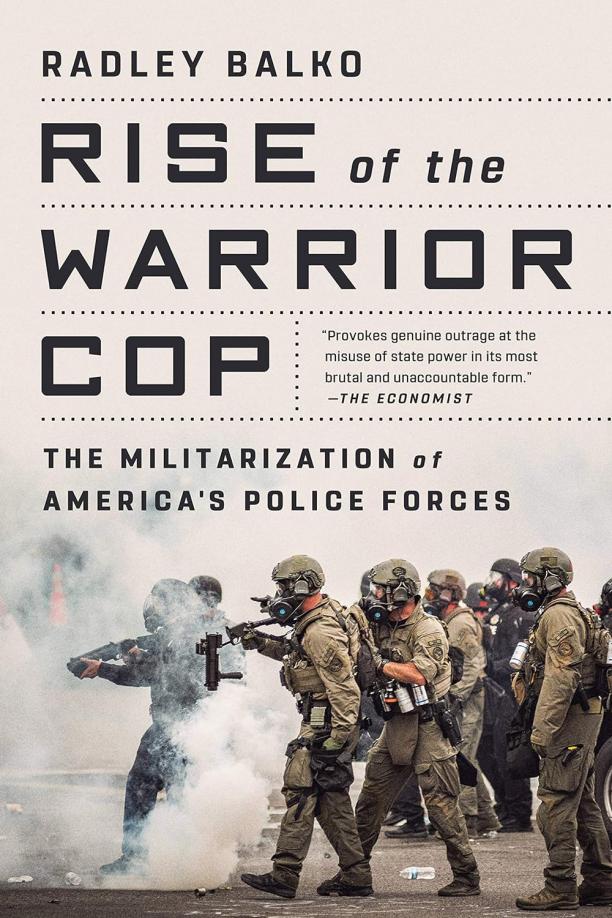
Rise of the Warrior Cop
The Militarization of America's Police Forces
Radley Balko
The book examines the increasing use of military tactics, equipment, and mentality among police forces in the United States, tracing its history from the early days of law enforcement to the present. It critically explores the impact of this militarization on civil liberties and the relationship between citizens and the police.
See full summary
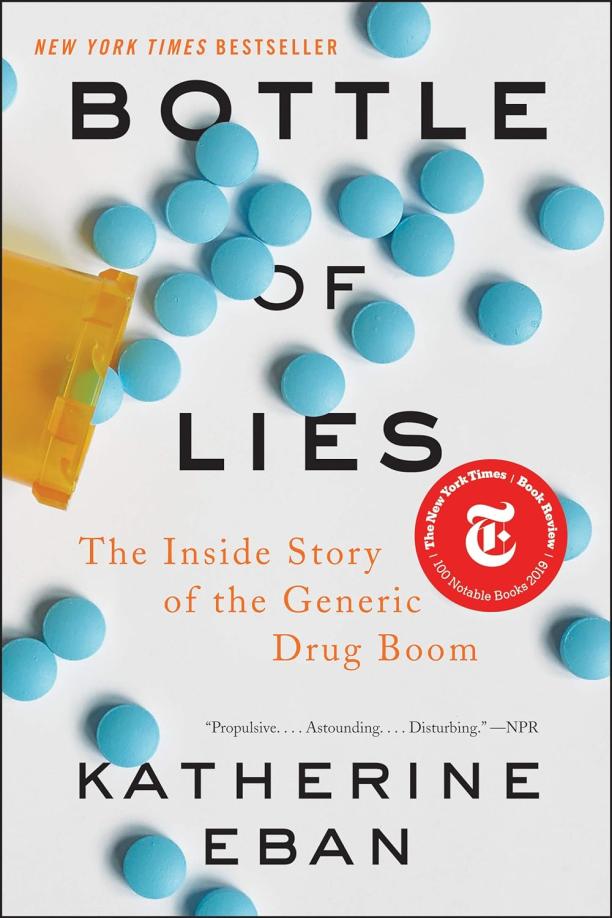
Bottle of Lies
The Inside Story of the Generic Drug Boom
Katherine Eban
The book exposes widespread fraud and quality control issues in the generic pharmaceutical industry, particularly in overseas manufacturing plants. It reveals how companies have cut corners and endangered public health to capitalize on the lucrative market for generic drugs.
See full summary
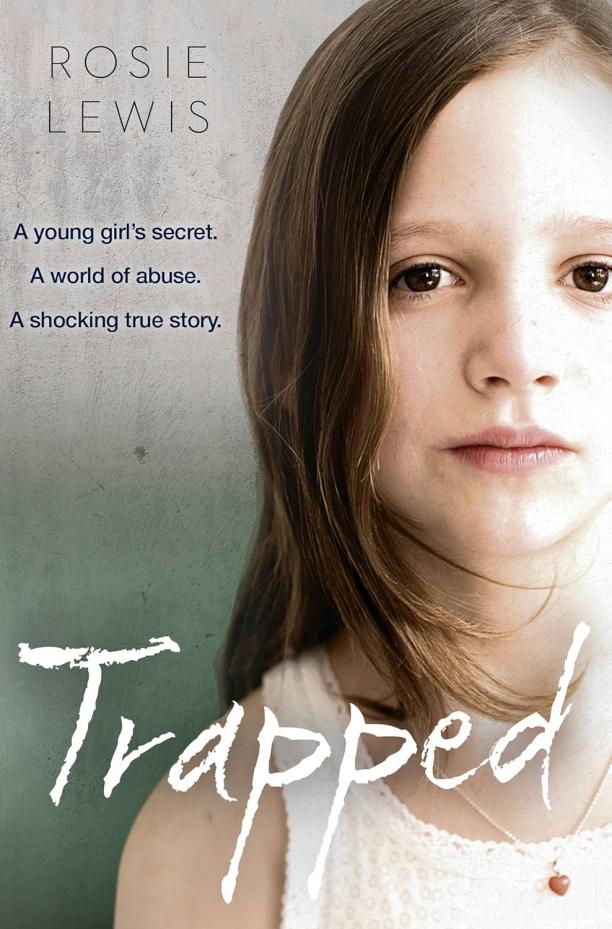
Trapped
The Terrifying True Story of a Secret World of Abuse
Rosie Lewis
The book recounts the harrowing experiences of a young girl named Aimee, who is taken into foster care after suffering severe neglect and abuse at home. Foster carer Rosie Lewis unveils the shocking extent of Aimee's trauma as she works to heal and protect her, revealing the dark realities of child abuse and the resilience of the human spirit.
See full summary
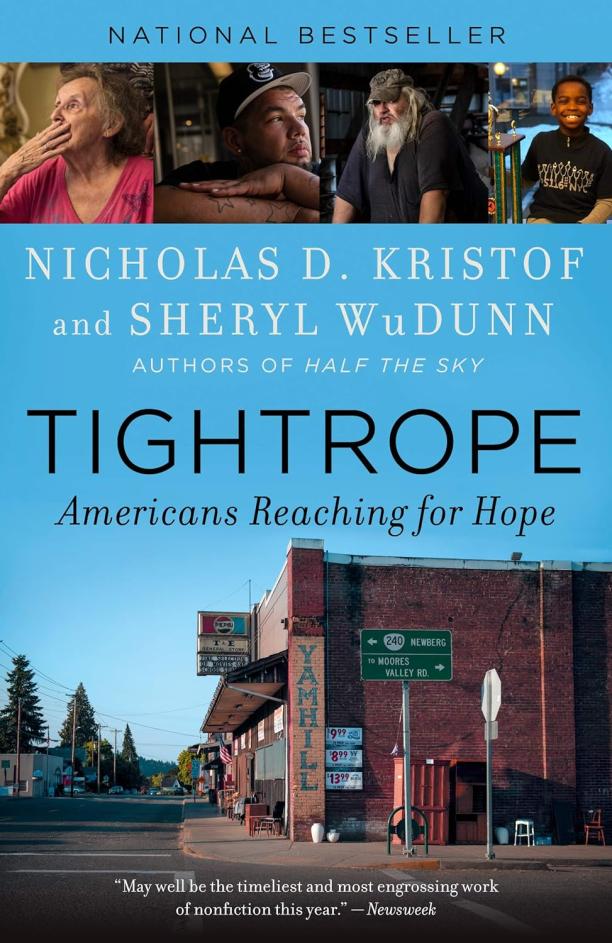
Tightrope
Americans Reaching for Hope
Nicholas D. Kristof|Sheryl WuDunn
The book explores the struggles of working-class Americans facing issues such as economic decline, addiction, and lack of healthcare. It weaves personal stories with data to illustrate the systemic problems and offers potential solutions to rebuild communities and provide hope.
See full summary
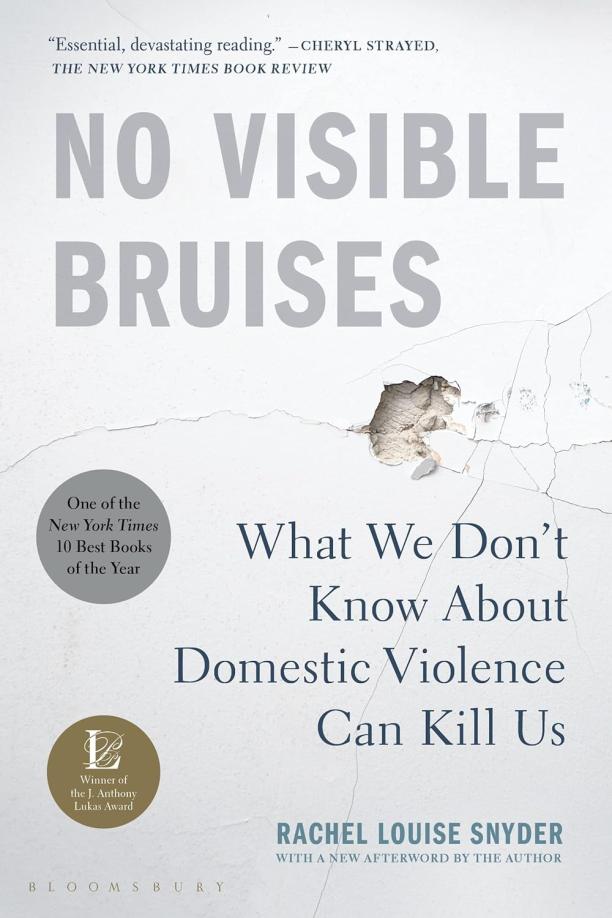
No Visible Bruises
What We Don’t Know About Domestic Violence Can Kill Us
Rachel Louise Snyder
The book delves into the complexities of domestic violence, exploring personal stories, societal failures, and the often-hidden dynamics that lead to abuse and fatalities. It also examines the efforts of advocates and innovators who are working to understand and prevent intimate partner violence, offering insights into potential solutions and policy changes.
See full summary
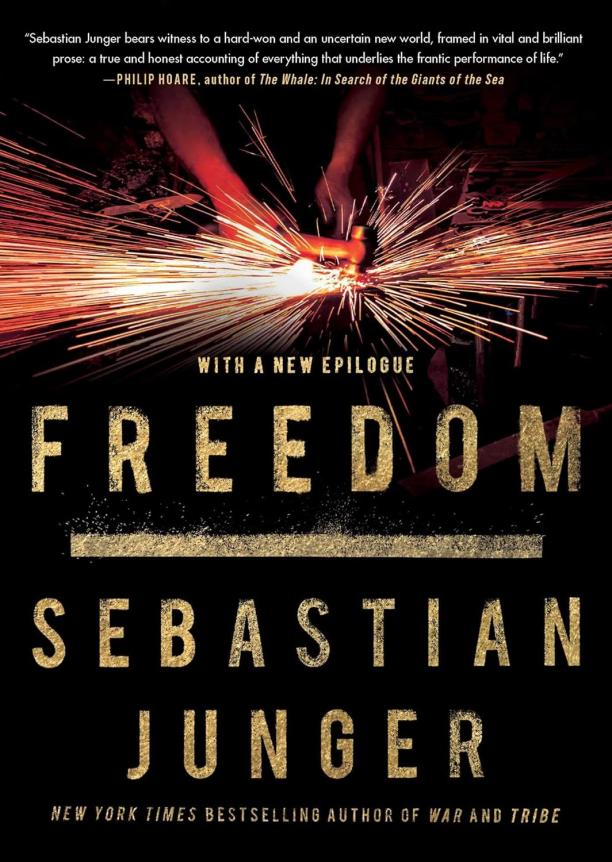
Freedom
Sebastian Junger
The book explores the concept of freedom through the lens of a physically demanding journey along the railroad lines of the East Coast of the United States, undertaken by the author and his friends. It delves into the nature of human society, autonomy, and the trade-offs between individual liberty and communal strength, drawing from history, psychology, and anthropology.
See full summary
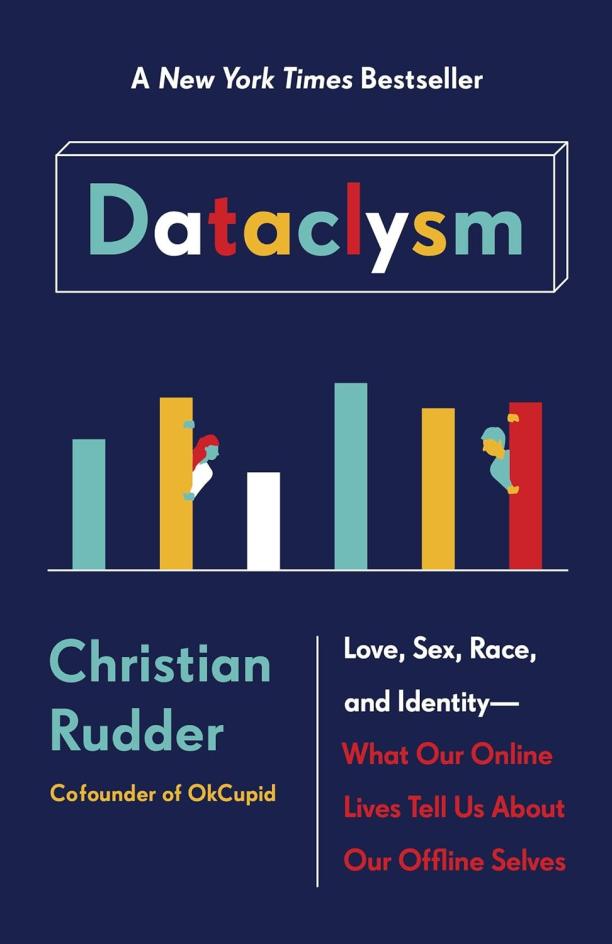
Dataclysm
Love, Sex, Race, and Identity--What Our Online Lives Tell Us about Our Offline Selves
Christian Rudder
The book analyzes vast amounts of data from various online sources, such as social media and dating sites, to explore human behavior and social patterns. It delves into how our digital footprints reveal insights into our preferences, prejudices, and interactions, reflecting broader societal trends and individual identities.
See full summary
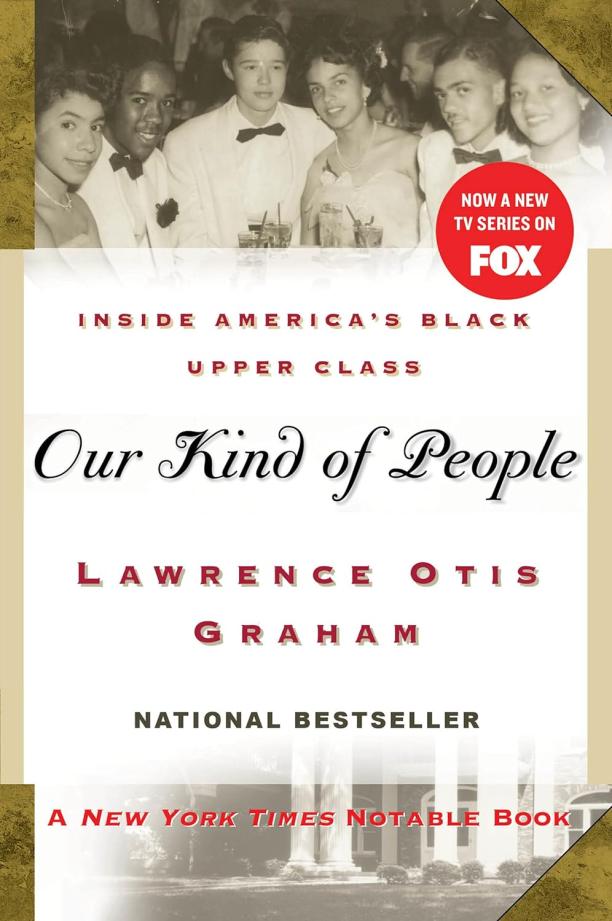
Our Kind of People
Inside America's Black Upper Class
Lawrence Otis Graham
The book delves into the lives, social circles, and traditions of the affluent African American community, exploring issues of racial identity, class dynamics, and the impact of historical segregation. It provides an insider's perspective on exclusive organizations, elite education, and the subtle yet persistent barriers faced by the black upper class.
See full summary
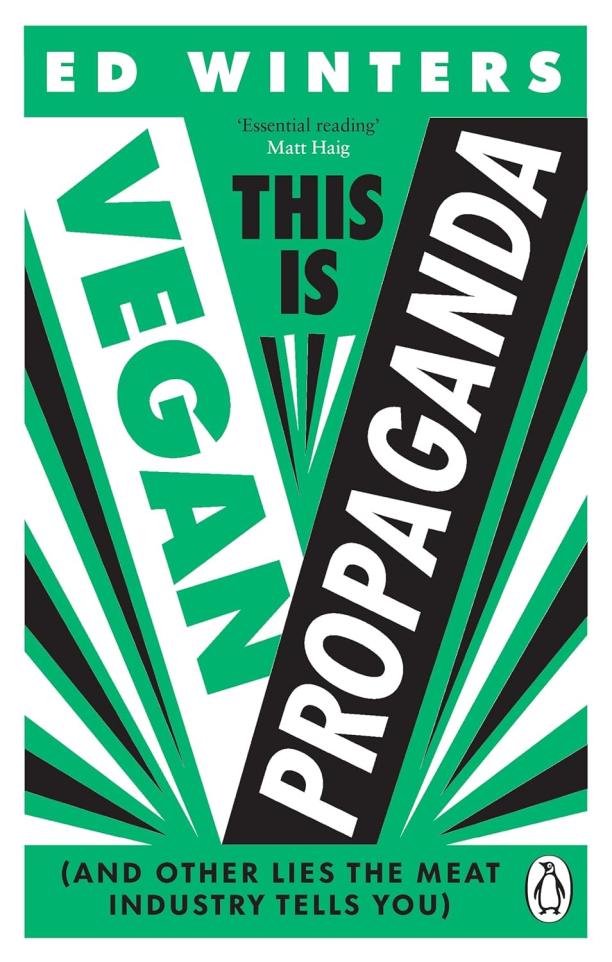
This Is Vegan Propaganda
Ed Winters
The book examines and challenges common arguments and myths propagated by the meat industry, highlighting ethical, environmental, and health issues associated with animal agriculture. It provides a thought-provoking exploration of veganism, encouraging readers to consider the impact of their dietary choices on animals, the planet, and their own well-being.
See full summary
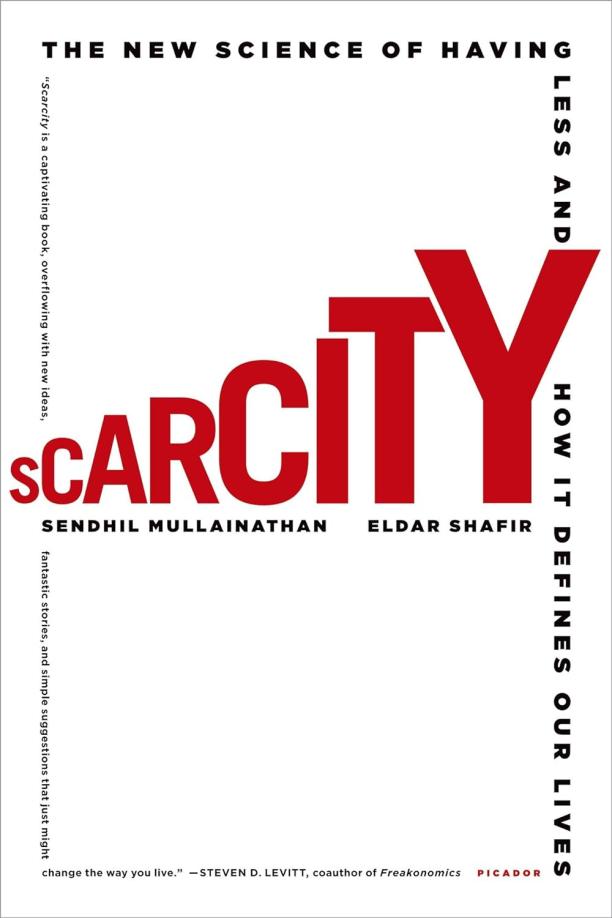
Scarcity
Why Having Too Little Means So Much
Sendhil Mullainathan|Eldar Shafir
The book explores how scarcity of resources like time, money, and attention impacts cognitive capacity and decision-making, leading to a "scarcity mindset" that can perpetuate cycles of lack and poor choices. It presents evidence from various studies and suggests that understanding the psychology of scarcity can inform more effective policies and personal decisions.
See full summary